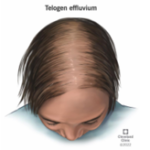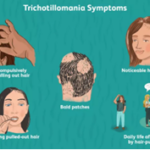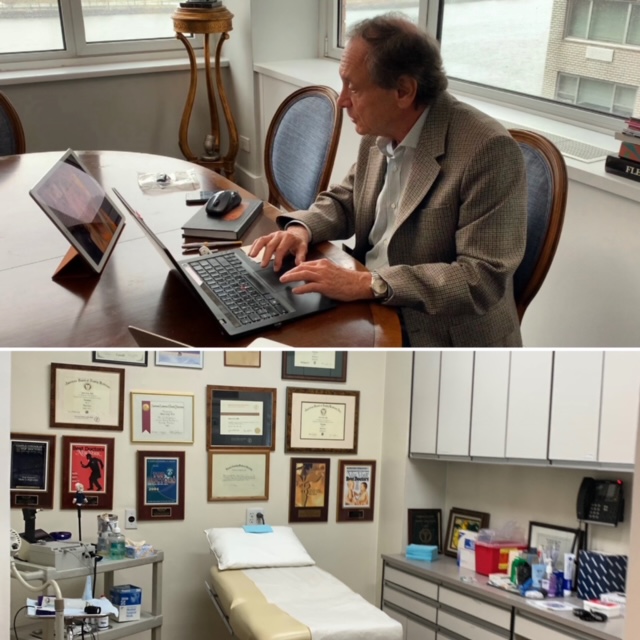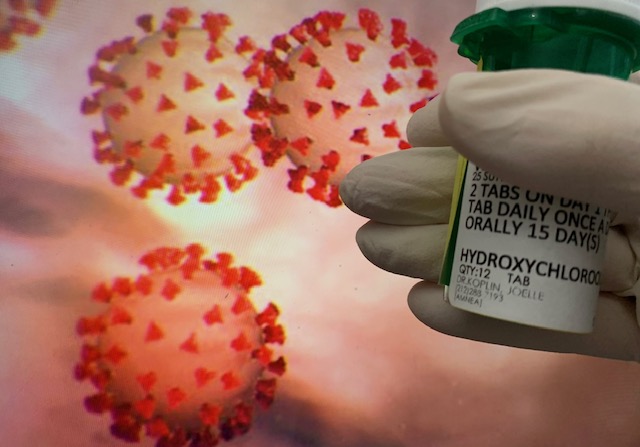
The Family Doctor AND The Dermatologist: How Can They Collaborate to Manage Your Hair Loss?

What is Hair Loss?
In a typical day, an individual loses around 50-100 hairs. While this may seem like a lot, such a loss isn’t noticeable because of the amount of new hairs that are growing and being replenished at the same time. So, at what moment may this be considered hair loss? Hair loss occurs when no new hair grows back to replace the hair that has fallen out. Whether it’s sudden thinning, bald spots, shedding, or breakage, knowing where, and more importantly, who to turn to is crucial. Should you start with your family doctor or go straight to a dermatologist? Who will better tackle the cause of your hair loss?
Understanding The Causes of Hair Loss
To understand hair loss, it is essential to comprehend the root (no pun intended) of the problem. Hair loss can stem from a variety of factors, such as heredity (family history), medications or supplements, hormonal changes, stress, side effects of chemotherapy, hair products or hair styles, among others.
Understanding the cause of your hair loss is extremely important when considering who to consult with first, for orientation and treatement; a family doctor and/or a dermatologist? Let’s go over some examples:

● Hair Loss Due to Stress/Anxiety (Telogen Effluvium): A family doctor can help assess your stress holistically and identify reasons for your stress based on previous visits. They may initiate treatment, such as psychotherapy, to help develop the mechanisms necessary to cope with stress.
__________________________
● Hair Loss due to Severe Psychological Distress (Trichotillomania): Trichotillomania is a condition characterized by the irresistible urge to pull out one’s own hair, leading to patches, bald spots, and noticeable hair loss. Such behavior is often a coping mechanism for emotions like anxiety, stress, and anger. If a patient presents with such symptoms to a dermatologist, they may recommend topical treatments to help prevent infection and soothe the scalp, and further refer the patient to a family doctor. In this case, a family doctor may help understand the root cause, discussing the patient’s wellbeing and their stressors. The family doctor could initiate treatment such as psychotherapy and medications to manage the underlying psychological issues and provide, along with treatment, the appropriate mental health
and noticeable hair loss. Such behavior is often a coping mechanism for emotions like anxiety, stress, and anger. If a patient presents with such symptoms to a dermatologist, they may recommend topical treatments to help prevent infection and soothe the scalp, and further refer the patient to a family doctor. In this case, a family doctor may help understand the root cause, discussing the patient’s wellbeing and their stressors. The family doctor could initiate treatment such as psychotherapy and medications to manage the underlying psychological issues and provide, along with treatment, the appropriate mental health
● Hair Loss Due to Medication: Weight-loss medications, birth control, acne medications, anti-depressants, etc., may all be linked to hair loss. In such cases, a family doctor would review the patient’s medication history and any recent changes or additions to try to identify any medication that may be causing the loss. The family doctor can advise the patient to stop the medication and wait for improvement, switch medications, or wait to see if there is any improvement. If the loss persists, the doctor may refer to a dermatologist for further examination, possibly a scalp biopsy, or medication.
The Role of a Family Doctor and a Dermatologist
In summary, the family doctor is the first point of contact for patients regarding their medical concerns, including hair loss. A family doctor can help provide a holistic evaluation of the patient, including their medical and family history, medication, stressors, and with that, prescribe medications and make a diagnosis. The dermatologist may help with further diagnosis, focusing on more specific scalp and hair disorders and offering more targeted treatments, such as lasers, micro needling, ointments, etc. Obtaining the guidance of a family doctor and/or a dermatologist is very important because hair loss is often multifactorial, stemming from hormonal, psychological, medicinal, or illness-induced factors.
Albert Levy MD
Carolina Hallake
Manhattan Family Practice
July 14th 2025
_________________________
¹ Image
² Mayo Clinic






